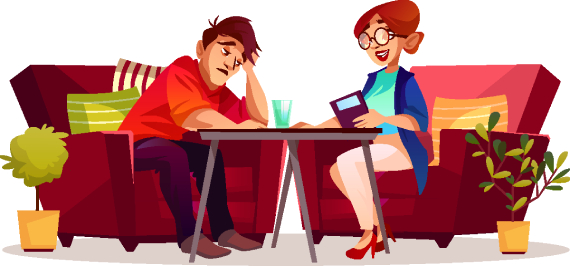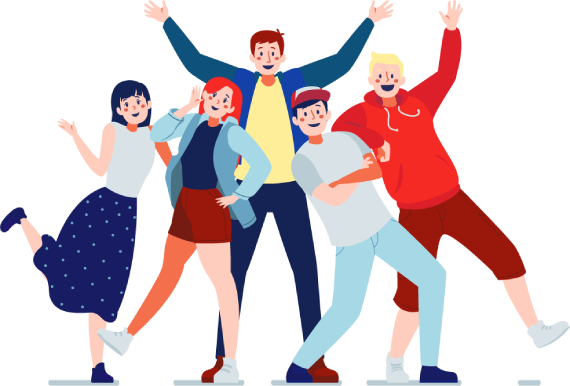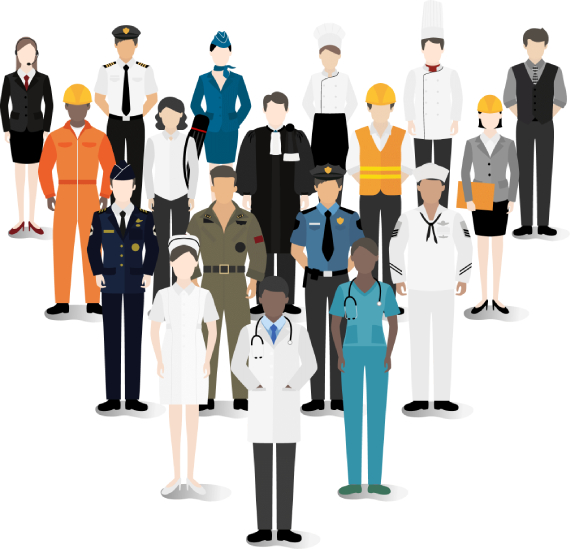
COUNSELLING
Being self-aware and having the capability to think and feel emotions with clarity and understanding is part of being human. Unlike animals, our thought processes rely on far more than instinct alone.
Today, the art of counselling is used to help a student come to terms with the problems they are facing, with an ultimate aim of overcoming them.
So What Is Counselling?
Counselling encourages you to discuss your problems and any difficult situations you encounter in a safe, confidential environment. These situations could be both personal and professional. In general, it is a process a person seeks when they want to change something in their lives, or simply explore their thoughts in more depth.
Trust is the major factor in counselling. Anything shared with the counsellor, stays between the counsellor and the individual.
A counsellor is not there to sit you down and tell you what to do.
Instead, they will encourage you to talk about what’s bothering you in order to uncover any root causes and identify your specific ways of thinking. If you are aware of the reasons behind the problem, but unable to derive the solution, the counselor will help in joining the dots and figuring out the solution for you.
But if you are struggling to understand the reason behind the problem, the counselor will take an investiture approach to diagnose the problem and give you a solution as per.
A counsellor not only helps you in your academics but also, he/she is helpful while dealing with personal concerns eg: Peer Pressure, Cyber bullying, Misguided Social Platforms, Demotivation, Stress, Mental health and wellness, Emotional strength guidance or any particular situations that you are facing

Emotional Strength Conditioning:
Improved Social and Emotional Skills
In addition to helping them excel in academic performance, counselors also play a vital part in their personal development too.
Comprehensive guidance during the process helps them to easily address inequalities and grow up as confident individuals.
Through individual discussions, the counselor can easily find out students about the student’s stress and problems and give them special behavioral therapy classes.
Various counselor programs are designed to better their attitude, cognition as well as self-regulation.
For students who are troubled due to family problems, the counseling session sometimes is extended to their parents and teachers with the consent of the student.

Education and Career Plan Counselling
College and Career Readiness
A school is the platform of students before going for their higher education in colleges and building up a career.
The role of the counselors includes making them ready to face this transitional stage and assure their college and career readiness.Unlike the traditional methods that focus more on paper works at school background, the professional counselors today proactively come up with innovative ways to meet the needs of all students and to maximize their academic achievement.
Throughout our school days, we encounter many situations when we could benefit from unbiased advice. We may be in the process of choosing a career, deciding whether or not we should take it, if the certain career is good for us, does it have good scope in future, is it a good fit for us academically etc.
We come to the realization that this is an overwhelming process and we want and need some help. That’s where a counsellor comes into play.
The counselor has an access to your academic progress and performance. He/she will interview to understand your thought process behind choosing a career path and advice on the basis of current market trends for that particular career path, he/she will educate you more about it. Advantages as well as disadvantages based upon the market trend. If the counselor and the student agree upon same career path, the counselor will keep a check on student’s academic performance required to excel.

Discipline and Behavior Counselling:
College and Career Readiness
Discipline brings stability and structure into a person’s life. It teaches a student to be responsible and respectful. The observance of well-defined rules is the basis of society. If there were no discipline, students would do whatever they wanted and make mistakes without putting the consideration of others first and foremost. It promotes good human behavior to better society and make it a more enjoyable place for everyone to live.
The ability for an individual to have self-restraint allows them to behave in a consistently stringent and controlled manner. A lack of this ability can have disastrous results.
Counselling has many Potential Benefits such as Improvement in communication and interpersonal skills. Greater self-acceptance. Increased self-esteem. Improved self-expression and management of emotions.
A counselor is always there to offer advice to you at crucial turning points in your life. Whether these counselor work in elementary, middle, or high school, he/she is there for students who are going through a difficult time or just need advice and support.
A few words from a helpful counselor can profoundly impact on a student’s life by improving their outlook on school, family, and the future. As well as help create an environment for students to find their path to a successful adult life.
A counselor is basically a person that doesn’t exists in real life, it a person who is being a professional, to help you out.

Improved Health and Wellness
In addition to helping students to set a base for higher education and a good career, this professional relationship helps them to accomplish enhanced wellness and health.
When we say health, one of the most important areas of concern is the mental health which is equally important or far more significant than physical health.
One of the major challenges is to help students to overcome the depression and face life positively in case they face any bullying, especially cyber bullying.
They are given good advice on how to overcome the ill thoughts of alcohol and drugs.

Life After School
The most important part of a school counselling program is to prepare students for life after school. This is the time when they set a foundation for handling personal problems and emotional conflicts. They are also trained on how to behave positively in real life scenarios that comes across their lives. There can be training programs that focus on shaping up student’s behavior and incorporating life lessons and values such as discipline.
A proper counselling channel can bridge the gap between different students and make life easy for them. They are also given advices on the importance of how to open up their problems and share with teachers or parents rather than living with it.They provide them with awareness about the changing world and prepare them to face even the worst expected.
The ultimate goal of good counselling at school level is to help students to grow up with a good sense of direction and clearer focus. Counsellors are not just isolated teams that work with students only for a designated time frame. In fact, they work in harmony with educators, school administrators as well as parents to provide a comfortable space for students to excel in their academics and grow up emotionally and socially. A good emotional, behavioural and social support is really significant in a student’s journey.
So it is the role of the school authorities not to neglect the counselling part as just optional but include it as a mainstream area along with the curriculum.